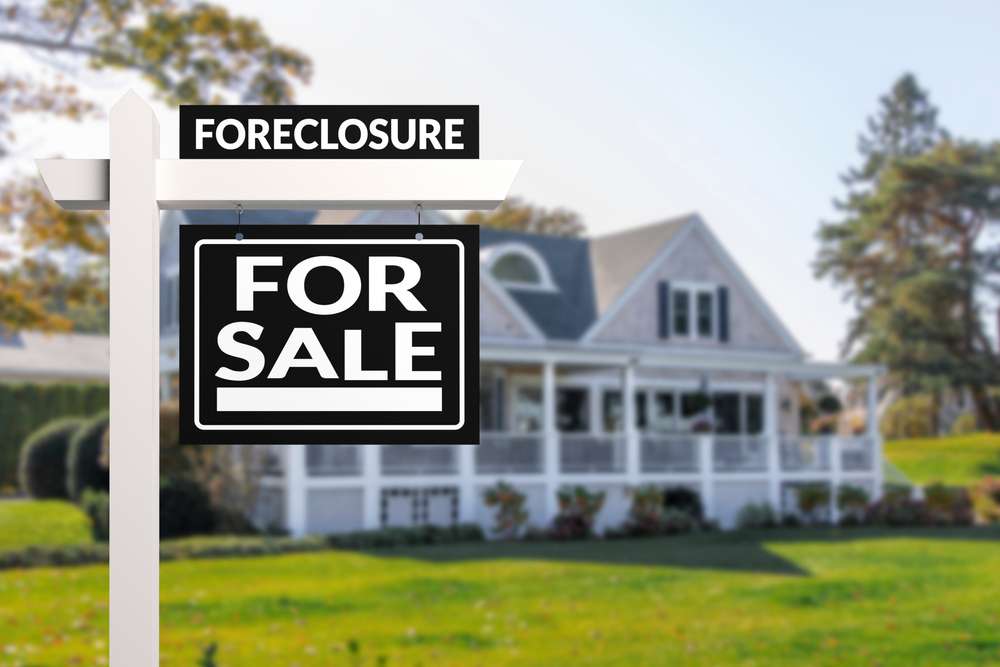HUD Homes for Seniors: A Comprehensive Guide
Finding affordable housing as a senior can be challenging, especially on a fixed income. HUD homes offer a valuable opportunity for seniors to purchase government-owned properties at below-market prices. The U.S. Department of Housing and Urban Development (HUD) acquires these properties through foreclosure and sells them to qualified buyers, including seniors who may receive special considerations and benefits during the purchasing process.

What Are HUD Homes for Seniors and Their Benefits
HUD homes for seniors are government-owned properties available for purchase at discounted rates. These homes become available when FHA-insured mortgages go into foreclosure, and HUD takes ownership of the property. The primary benefits for seniors include reduced listing prices, potential repair allowances, and extended bidding periods that give seniors additional time to submit offers.
Senior buyers often receive priority consideration during the initial offering period, which typically lasts 10-15 days. During this exclusive window, only owner-occupants, including seniors, can submit bids. Additionally, seniors may qualify for repair allowances up to $5,000 to address necessary home improvements, making these properties more accessible for those with limited budgets.
How Can Seniors Apply for HUD Homes
The application process for HUD homes requires working with a HUD-approved real estate agent, as individual buyers cannot purchase directly from HUD. Seniors must first locate available properties through the HUD Home Store website, which lists all properties by state and city. Once a suitable property is identified, the HUD-approved agent submits the bid electronically through the HUD system.
Seniors need to provide proof of income, assets, and age verification as part of the bidding process. The bid must include earnest money, typically ranging from $500 to $2,000, depending on the property’s list price. All bids are reviewed after the bidding period closes, and HUD selects the most favorable offer based on price and terms rather than a first-come, first-served basis.
Eligibility Requirements for Senior HUD Home Buyers
To qualify for HUD homes for seniors, applicants must be at least 62 years old and plan to use the property as their primary residence. Seniors cannot purchase HUD homes as investment properties or vacation homes. Additionally, buyers must demonstrate financial capability to complete the purchase and maintain the property.
Income limits may apply depending on the specific HUD program and local area median income requirements. Seniors must also pass a background check and have acceptable credit, though HUD’s credit requirements are often more flexible than traditional mortgage lenders. Some programs may require seniors to live in the home for a minimum period, typically one to three years, before selling or renting the property.
What to Check Before Accepting a HUD House
Before accepting a HUD home, seniors should conduct thorough property inspections to identify potential issues. HUD sells properties “as-is,” meaning they do not make repairs before the sale. Seniors have the right to inspect the property within five days of bid acceptance, and they can withdraw their offer if significant problems are discovered.
Key areas to examine include the roof, foundation, plumbing, electrical systems, and HVAC equipment. Seniors should also check for environmental hazards such as lead paint, asbestos, or mold, which are common in older properties. It’s advisable to hire professional inspectors to assess the property’s condition and estimate repair costs accurately.
Understanding Costs and Financial Considerations
HUD homes typically sell for 10-50% below market value, but seniors should budget for additional expenses beyond the purchase price. Closing costs, including title insurance, attorney fees, and recording fees, usually range from 2-5% of the purchase price. Property taxes, homeowners insurance, and potential HOA fees add to the ongoing ownership costs.
| Expense Category | Typical Cost Range | Notes |
|---|---|---|
| Down Payment | 3-10% of purchase price | FHA loans available with lower down payments |
| Closing Costs | 2-5% of purchase price | Includes title, attorney, and recording fees |
| Home Inspection | $300-$700 | Highly recommended for HUD properties |
| Repair Allowance | Up to $5,000 | Available for qualifying seniors |
| Monthly Insurance | $50-$200 | Varies by location and home value |
Prices, rates, or cost estimates mentioned in this article are based on the latest available information but may change over time. Independent research is advised before making financial decisions.
Making the Most of HUD Home Opportunities
Successfully purchasing a HUD home requires patience and strategic planning. Seniors should research multiple properties and submit competitive bids, as popular homes may receive numerous offers. Working with an experienced HUD-approved agent who understands the senior bidding preferences can significantly improve the chances of acceptance.
Timing plays a crucial role in the HUD home buying process. Properties that don’t sell during the initial owner-occupant period may have price reductions, creating additional opportunities for budget-conscious seniors. Staying informed about new listings and price changes through regular website monitoring helps seniors identify the best deals in their preferred locations.
The HUD home program provides an excellent pathway for seniors to achieve homeownership at affordable prices. By understanding the application process, eligibility requirements, and inspection considerations, seniors can make informed decisions about these unique housing opportunities. While HUD homes require careful evaluation due to their as-is condition, the potential savings and senior-friendly benefits make them an attractive option for those seeking affordable housing solutions.




